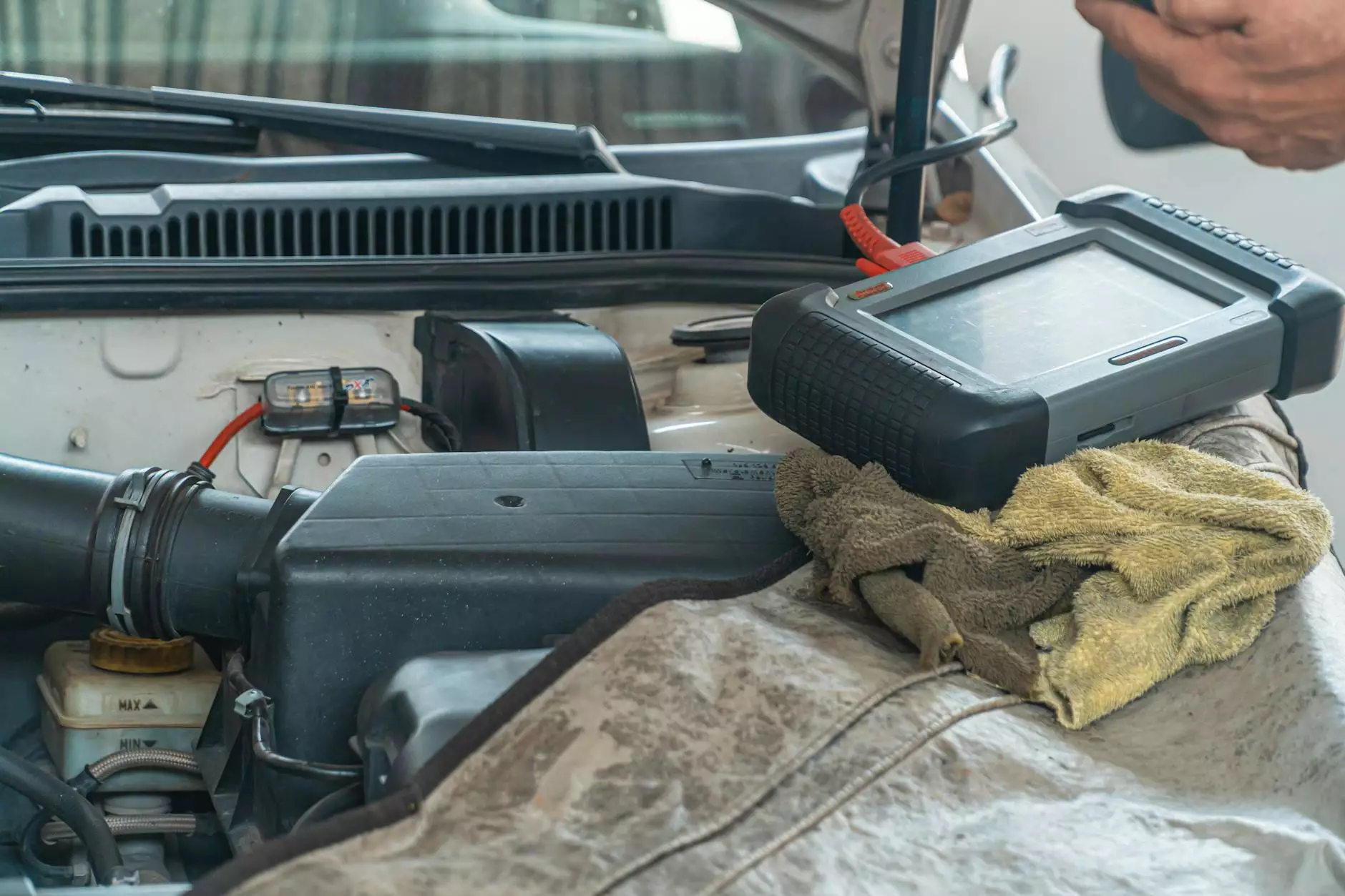How to Purchase a Hunting License: A Comprehensive Guide

Purchasing a hunting license is an essential step for anyone looking to engage in responsible hunting practices. Not only does it ensure that you are following local laws, but it also contributes to wildlife conservation efforts. In this article, we will explore everything you need to know about obtaining a hunting license, the benefits it brings, and tips to ensure a smooth process.
Understanding the Importance of a Hunting License
A hunting license is more than just a permit; it is a testament to a hunter's commitment to ethical hunting practices. Here are some key reasons why obtaining a hunting license is crucial:
- Legal Compliance: Hunting without a license can lead to severe penalties, including fines and possible jail time.
- Wildlife Conservation: Fees from licenses often go towards conservation efforts, helping to maintain healthy ecosystems.
- Access to Hunting Areas: Many private and public lands require a valid hunting license for access.
- Hunting Education: Many states require a hunter safety course, which educates hunters about safety, ethics, and regulations.
Steps to Purchase a Hunting License
The process of purchasing a hunting license can vary depending on local regulations, but generally, the steps are as follows:
1. Determine Eligibility
Before you can purchase a hunting license, you need to ensure that you meet the eligibility requirements, which typically include:
- Age requirements—most states require hunters to be over a certain age or to have a hunting mentor if younger.
- Completion of a hunter safety course—some states require proof of such a course.
- No outstanding legal issues that would prohibit you from legally hunting.
2. Research State Regulations
Every state in the U.S. has its own laws and regulations regarding hunting licenses. You should:
- Visit your state’s wildlife agency website for specific information.
- Check for any specific requirements related to the type of hunting you wish to pursue (big game, small game, waterfowl, etc.).
3. Choose the Right License
Licenses come in various forms, including:
- Annual Licenses: Valid for one year and ideal for frequent hunters.
- Temporary Licenses: Suitable for those looking to hunt for a short duration.
- Specialty Licenses: Some states offer licenses for specific types of hunting or disabled hunters.
4. Complete the Application
Once you've selected the appropriate license, you'll need to complete an application. This process can often be done online, by mail, or in person. Here are some tips:
- Have personal identification and any previous license information on hand.
- Answer all questions honestly to avoid complications.
- Double-check that all your information is accurate before submitting.
5. Pay the Required Fees
Licenses require a fee, which can vary dramatically by state and the type of license. Be prepared to pay through:
- Credit/debit card for online applications.
- Check or money order for mail-in applications.
- Cash if applying in person.
Additional Considerations for Purchasing a Hunting License
Know Your Hunting Seasons
Familiarize yourself with the hunting seasons in your state to ensure you purchase your license in a timely manner. There are often specific time frames set for various types of game:
- Deer Season: Typically occurs in the fall.
- Bird Season: Can vary based on the species.
Understanding Bag Limits
Each state has enforced bag limits— rules on how many animals you can harvest. Know these limits before you head out:
- Bag limits can vary by species and season.
- Ensure you keep updated as regulations may change yearly.
Respecting Wildlife Regulations
Alongside having a hunting license, it's your responsibility to adhere to all wildlife regulations, including:
- Proper tagging and reporting of harvested animals.
- Following designated hunting areas and times.
Benefits of Purchasing a Hunting License
There are several advantages to purchasing a hunting license beyond legal compliance:
- Outdoor Recreation: Enjoying nature and the thrill of the hunt can be extremely rewarding.
- Connection with Nature: Hunting encourages a deep appreciation for wildlife and conservation efforts.
- Community Engagement: Many regions offer hunting communities that foster camaraderie among hunters.
- Contribution to Conservation: License fees often directly support conservation projects and wildlife management efforts.
Tips for New Hunters
If you're new to hunting, here are a few tips to ensure a successful experience:
- Take a Hunter Safety Course: Completing a safety course can boost your confidence and knowledge.
- Find a Mentor: Partnering with experienced hunters can enhance your learning experience.
- Invest in Quality Gear: Proper equipment is crucial for safety and comfort during hunts.
- Practice Patience: Hunting often requires waiting, so being patient is key to success.
Conclusion: Responsible Hunting Through Licensure
In conclusion, if you are looking to purchase a hunting license, it is crucial to understand the importance of proper licensure not just for legality, but for promoting sustainable hunting practices. With this guide, you are well-equipped to navigate the world of hunting licenses, ensuring that every step you take supports wildlife conservation and ethical hunting traditions. Remember, responsible hunters contribute to a thriving ecosystem, and your hunting license is your gateway to a fulfilling outdoor experience. Happy hunting!
For more information on driving licenses and related services, visit genuinedrivinglicense.com.









